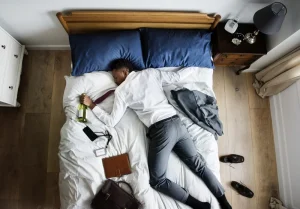
It disrupts your normal sleep rhythms and can make you restless throughout the night. The result is often dark circles under your eyes, aka “booze face.” Cold compresses can help, but the best answer is a good night’s sleep. And when your skin is dehydrated, it loses plumpness, https://ecosoberhouse.com/ and fine lines and wrinkles become more apparent — and people will think you’re older than you actually are.
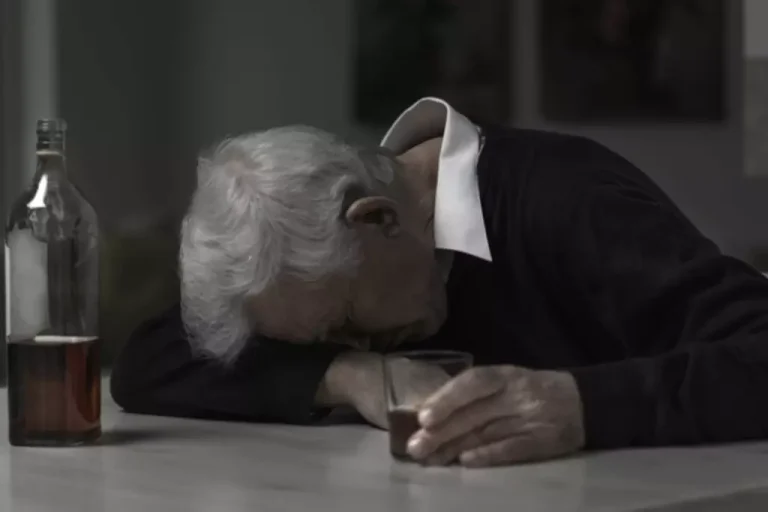
Can Alcohol Damage Your Skin?
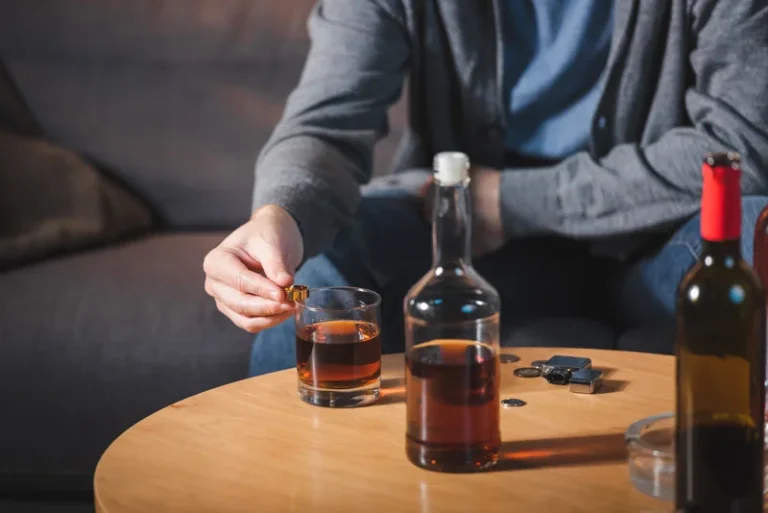
Switching your martinis for virgin Negroni’s can do wonders for your skin, too, as long as you go easy on the sugars. Besides, non-alcoholic drink options have never been better – I stock up on Saicho and Fortnum & Mason’s Sparkling how alcohol affects your face Tea every December – driven by an increasingly sober-curious society. In response, the body retains water to compensate, leading to bloating and puffiness in areas like the face. The good news is that quitting alcohol can lead to significant improvements in both appearance and overall health. At Greater Boston Addiction Centers, our Alcohol Addiction Programs provide the tools and support needed for lasting recovery.
Understanding Alcoholism and Its Effects on the Face
These signs are not conclusive diagnoses but can provide clues to a person’s struggle with alcoholism. While there is no direct link between alcohol and acne, alcohol consumption can exacerbate acne in several ways. While alcohol doesn’t directly cause facial swelling, alcohol can lead to a puffy or swollen-looking face.
Is alcohol physically addictive?
Alcohol induces vasodilation and facial flushing in people who have rosacea. However, alcohol is not the cause of the skin disease in most people. When it isn’t working right, the toxins stay in your cells, which leads to warmth and flushing.
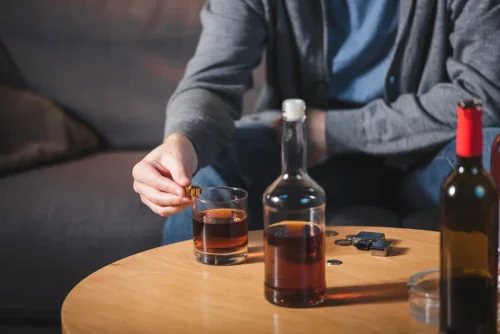
A dose-dependent association was observed between pack-year smoking history and aging severity for most facial features. Greater alcohol consumption also increased the severity of some facial aging signs. Alcohol-related physical symptoms can vary in how well they can be treated and how permanent the effects are.
Redness, discoloration, and a puffy face are all obvious signs that it may be time to cut back on alcohol. This eye cream is designed to cater to the delicate eye area, providing targeted care and addressing the signs of aging where they matter most. Simply put, consuming whisky, vodka, rum, beer, wine and other spirits can take a toll on your skin health.
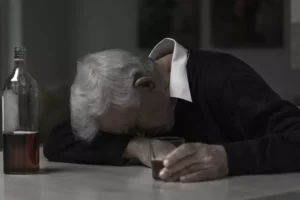
- From dullness or redness to enlarged pores, blotchiness, and puffiness – we’ve explored how breaking down alcohol in the body can trigger some unwanted side effects on our skin.
- This hydrating serum drenches skin with long-lasting moisture by combining hyaluronic acid with VICHY’s highest concentration of Volcanic Mineralizing Water, rich in minerals.
- Alcohol can make you drowsy and help you fall asleep faster, but not for long.
- It can also interfere with the absorption of other essential nutrients like Vitamin C and E.
Remember, if alcohol is affecting your health or lifestyle, have a conversation with your health care provider or a Banner Health specialist. The target sample size was originally 2,500 women and 500 men from four countries (US, Canada, UK, and Australia) to achieve a total sample of at least 3,000 panelists aged 18 to 75 years. The sampling framework was designed to achieve a study cohort composed of an approximately equal number of men and women within each country by the age and racial/ethnic subgroups of interest.
Redness and facial flushing
Fortunately, skincare and medical experts have come to the rescue and explained how to reduce these – plus the drinks you need to steer clear of if you’re prone to boozy breakouts. There are so many health benefits of not drinking alcohol, but not everyone wants to give up alcohol completely or give non-alcoholic wine a go. But if you do enjoy a regular tipple on your night off from looking after the kids (or once they’re asleep after a stressful bedtime), you what is alcoholism may have noticed some of the negative effects that drinking can have. Apart from the short-term and long-term effects of alcohol on our skin’s appearance, alcohol can also be a factor in the development and worsening of certain skin conditions. In fact, research indicates that those who misuse alcohol may be more likely to develop an alcohol-related skin rash or condition. Puffy face before and after drinking, discoloration, changes in skin texture, and redness are signs of an “alcoholic face”.
